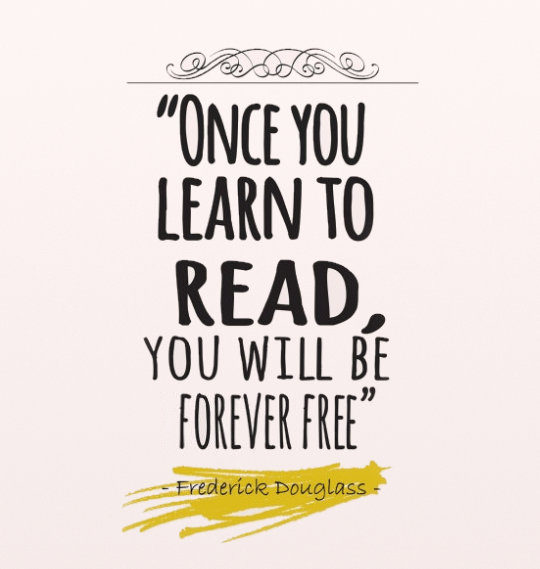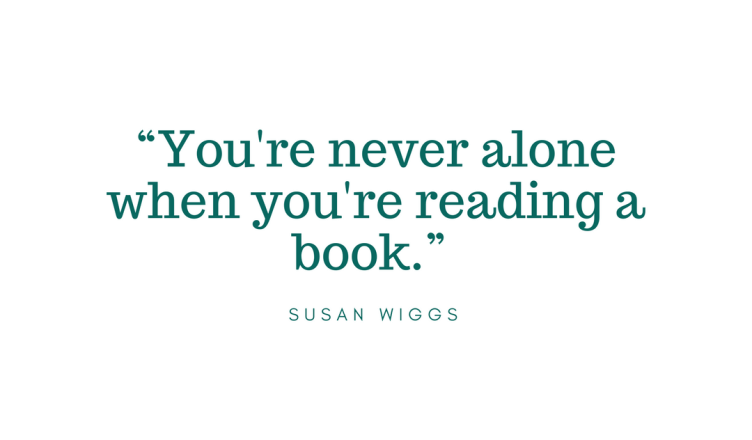
Most of the books I read in highschool have left a seared distaste in my memory… simply because it was part of school. I just had a long, long… very long discussion with my oldest to not discredit the value of something simply because it falls under the banner of “school.” As I was talking to him, I said that a conversation like this would have been lost on fourteen year old me. School was not a good experience for me. I skirted through. I reached out in middle school and asked for help, for tutoring… anything… but was told I just wasn’t applying myself. That if I would just work harder, I would be fine.
All that to say, Fahrenheit 451 is one of the only books I read in highschool that does not cause a cringe like response in my brain. I often feel like a homeschool mom failure because I really couldn’t care less about Pride and Prejudice and several others that seem to be like a rite of passage in our circles.
I have fond memories of Fahrenheit 451 and I really enjoy the dystopian genre, so I thought I would give it a revisit. I downloaded the audio book from Hoopla when we were heading out on a recent roadtrip.
The terrifyingly prophetic novel of a post-literate future.
Guy Montag is a fireman. His job is to burn books, which are forbidden, being the source of all discord and unhappiness. Even so, Montag is unhappy, and there is discord in his marriage. Are books hidden in his house? The Mechanical Hound of the Fire Department, armed with a lethal hypodermic, escorted by helicopters, is ready to track down those dissidents who defy society and read books.
The classic dystopian novel of a post-literate future, Fahrenheit 451 stands alongside Orwell’s 1984 and Huxley’s Brave New World as a prophetic account of Western civilization’s ensalvement by media, drugs, and conformity.
Bradbury’s powerful and poetic prose combines with uncanny insight into the potential of technology to create a voel which, decades on from first publication, still has the power to dazzle and shock.
-back cover

Written in the 1950s, Bradbury’s book eerily captures today’s technological climate. The den in the Montag’s house is described as having walls that are entirely made of a screen… as if Montag’s wife is in the show she is watching… as if the show cannot go on without her. Technology is life and the only source of information. The people are fed all of their information through the screen. There is no fact checking or authenticity.. whatever “they” want you to know is what comes across. Sound familiar???
Montag is supposed to be a compliant fireman who burns books without question. There is a system… a routine. For a while, he finds comfort in the routine. He likes the predictability. Eventually though, he begins to wonder what it is about books that cause people to hold so tightly… to risk everything by having them in their home. The book follows his journey from unquestion complaince to someone willing to risk his career, his marriage, his house, and eventually his life for the sake of books. It is a compelling story.
The underlying message is not one of censorship destroying our ability to think and question, but rather technology. Remember, Bradbury wrote this long before computers, smart phones, internet, etc. He wrote this in a time when television was on the rise. Propaganda was playing a role in setting the thoughts on the world climate. Bradbury’s book leads us to believe that television destroys interest in reading literature.

I have read so many articles about the decline of attention span or desire of knowledge because of the fast paced technology of our society. I’ve read that critical reading skills are just not a thing amongst the younger generations (including mine). There is a call to push the reading endurance of our students. Just as one would train for a marathon… setting measurable goals and building endurance. We are so use to quick sound bites of information. Our society is becoming a visually wired people… needing images, memes, pinterest boards… quick and appealing to our ADHD senses. I don’t think Ray Bradbury was terribly off in his futuristic novel.
I highly recommend Fahrenheit 451. Guy Montag meets people that cause him to stop and think. Why would people live in a home with no screens? What is it like to just sit with people and have lively conversation? What could it mean to think for yourself and not just take what is fed through the screens? What is it about books that would cause someone to give their life for them?
“It’s not the books you need, it’s some of the things that once were in books”

I recommed this cautionary tale for high school and up. There are some curse words scattered throughout. I do think it takes the ability to think abstractly to grasp the message of the book. It is filled with action, science fiction, dystopian language… as well as a strong message to remain steadfast in the ability to think for yourself and be aware of the infuence of culture and those from whom we receive information.
First published in October 1953. 227 Pages.
Disclaimer: I am an affiliate with Amazon. Purchases made through links on this post provide our family with a small commission. Thank you!

